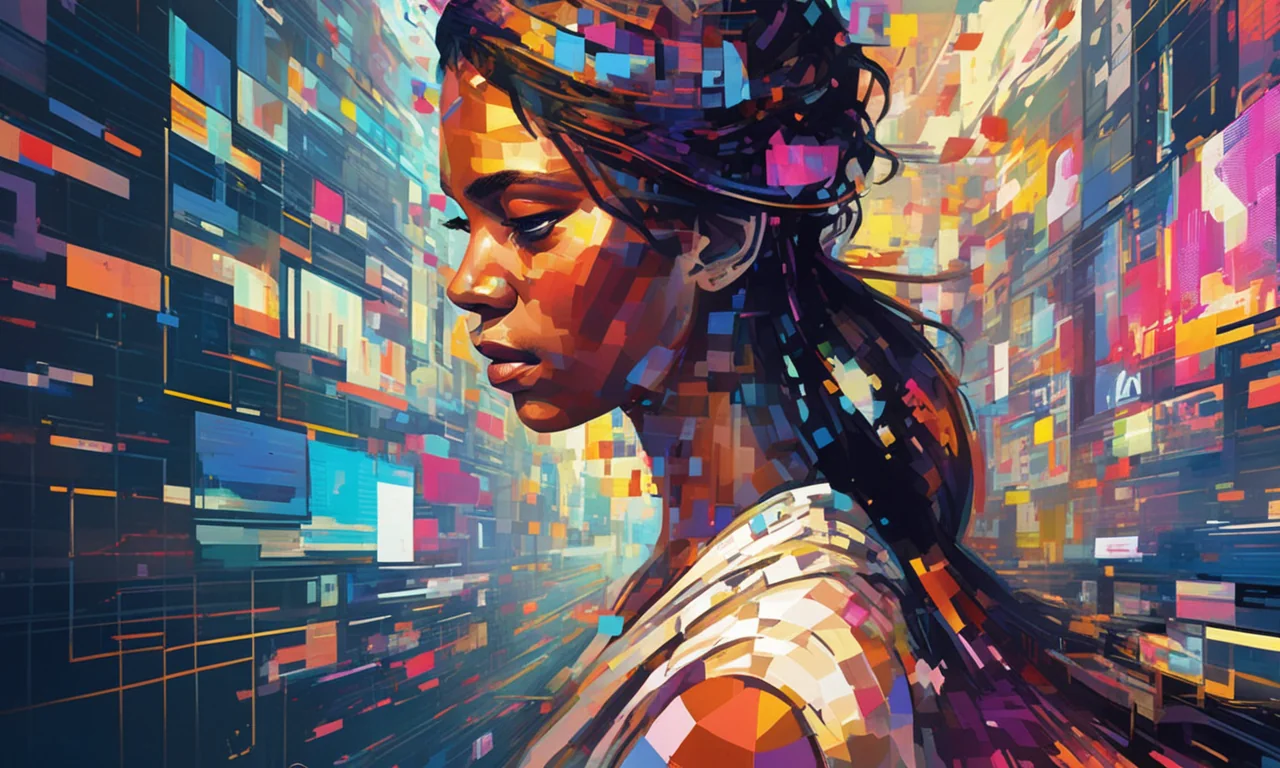
Open-Source Gaming Drives User Empowerment Amid Rising Commercialization
Surge in open-platform updates and marketing convergence reshapes digital gaming culture this week
Today's Bluesky landscape offers a microcosm of gaming culture and digital news, where open-source innovation, community anxieties, and lifestyle marketing intersect in surprising ways. Despite the surface-level diversity—ranging from indie puzzle games to mainstream Nintendo announcements—recurring themes of accessibility, user empowerment, and blurred lines between news, commerce, and play dominate the discussion.
Open Platforms and the Democratization of Gaming
Linux-powered gaming and open-source development continue to punch above their weight, with multiple updates celebrated by the community. Notably, the latest release of Warzone 2100 touts not only technical improvements but also the persistent relevance of open-source classics. The release of Wine 10.15 furthers this trend, breaking down barriers to compatibility and reminding us that, for many, innovation means more ways to play rather than new titles entirely. Even Valve's commitment to fixing Baldur's Gate 3 issues on Steam Deck signals a shift: the platform war is no longer about exclusivity, but adaptability.
These posts collectively reveal a persistent user demand for flexibility and choice—whether it's the joy of S.T.A.L.K.E.R. upgrades for handhelds or excitement around indie puzzle innovations. The open-source ethos is less a technical preference and more a cultural imperative: the community expects to shape its own experience.
Great game. I spent countless hours playing it on PS1.
Delays, Announcements, and the Performance of Hype
While open platforms drive empowerment, the industry's love affair with hype and delays remains unchanged. News of Slay the Spire 2's delay is met with a casual “nothing to do with Silksong,” revealing a jaded but self-aware audience that has grown accustomed to shifting timelines. Meanwhile, Nintendo's confirmation of Metroid Prime 4: Beyond's release date channels excitement into a familiar cycle of anticipation and nostalgia, this time leveraging open-world mechanics and cross-generation hardware launches.
It's not just gaming news that's commodified—lifestyle brands now saturate these spaces, as seen in SunstoneCBD's persistent promotional drops. The blending of wellness, gaming, and digital art hashtags is more than marketing; it's a tacit admission that communities are porous, and everything is news if it can be tied to engagement or identity. Coloring Day celebrations similarly exploit this dynamic, merging creative expression and gaming under a sprawling tag cloud that feels less like curation and more like a keyword land grab.
Friends Don't Let Friends Doomscroll.
Community, Commerce, and the Illusion of Control
What emerges from these crosscurrents is a paradox: users demand control, but are caught in cycles orchestrated by both platforms and brands. Security and accessibility issues, such as Wordfence-blocked websites, remind us that even in decentralized spaces, power is unevenly distributed—gatekeeping persists, only now enforced by plugins rather than publishers. The promotional image of “doomscrolling” friends offered gummies captures the zeitgeist: the solution to digital malaise is itself another product, another link, another hashtag.
Across posts, the convergence of news, art, gaming, and commerce is relentless. Whether it's art therapy disguised as gaming content or CBD marketed to gamers, boundaries dissolve. The result is a community perpetually negotiating where play ends and everything else begins.
In summary, today's Bluesky discourse reflects a gaming culture both empowered and exploited—a user base demanding flexibility and voice, but also increasingly subsumed by cycles of hype and omnipresent marketing. The signal may be open-source, but the noise is unmistakably commercial. As lines blur, the challenge is no longer just about access, but about finding authenticity in a world where everything, even downtime, is up for grabs.
Journalistic duty means questioning all popular consensus. - Alex Prescott